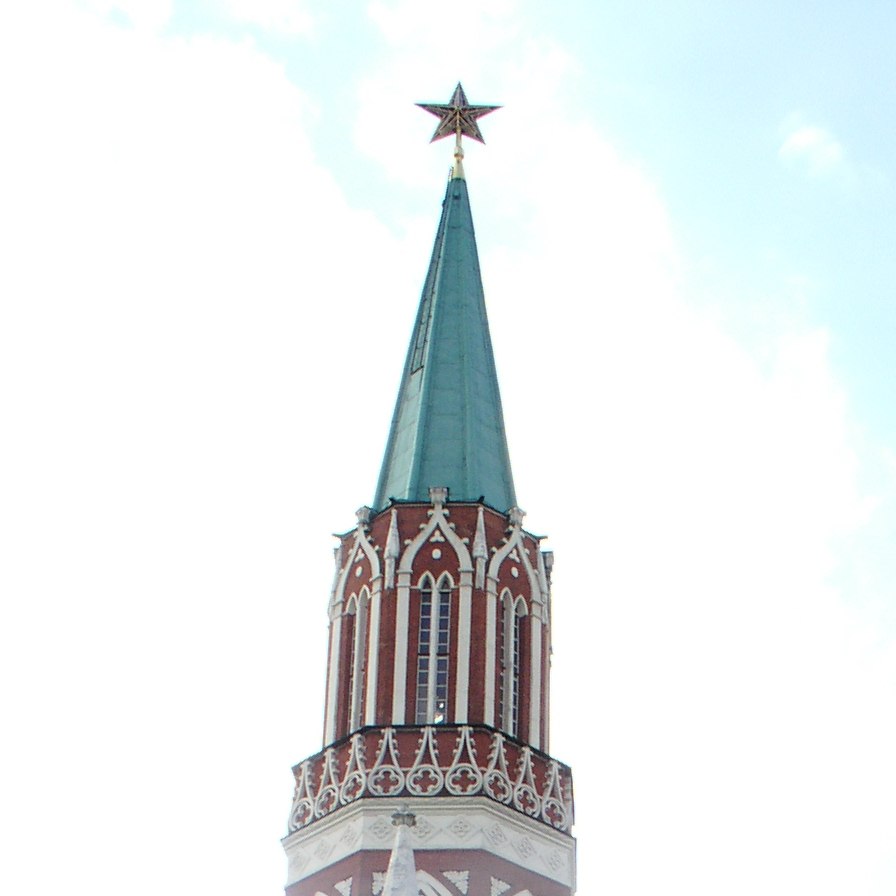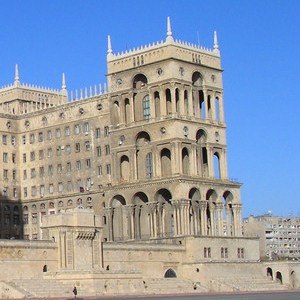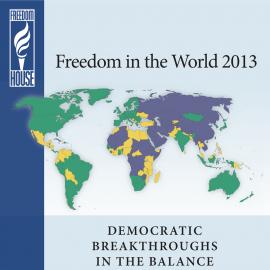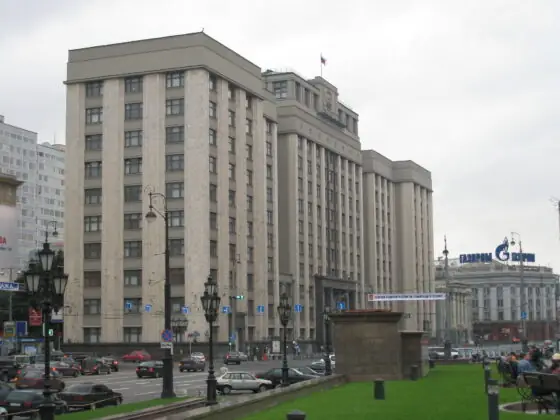(Open Letter) The following article is an open letter to Vladimir Putin by Deana Arsenian, vice president for international programs and program director for Russia and Eurasia at the Carnegie Corporation of New York.
Dear Mr. Putin,
You don’t know me, but we have met. For the past nine years, you have generously hosted the Valdai International Discussion Club in Russia, giving time and attention to this international group of Russia experts.
Few, if any, world leaders engage in such interactions. Your willingness to do so suggests an openness to an exchange of perspectives about the vast country you lead.
This is the spirit in which I write this open letter. As someone who deeply cares about Russia, I am perplexed, disappointed, and alarmed about your government’s recent approaches to Russian noncommercial institutions with foreign ties and foreign organizations operating in Russia. While I can only speak for myself, I believe that many others share this sentiment.
Since you took over Russia’s leadership in 2000, at a time of tremendous challenges, Russia’s political, economic, and social stability has been largely restored. The policies of your government have put Russia on the path to recovery.
But the Russian leadership was not alone in pulling Russia back from the brink of an abyss. Government and private entities around the world have been part of this process, devoting time, energy, and capital to help Russia shed the inefficiencies of Soviet-era structures and move toward a society based on the principles of democracy, the rule of law, and a market economy.
This work was done not with the sinister intent of undermining Russia’s prospects but with the aim of seeing it transformed into a stable, prosperous, and globally engaged nation.
The actions of outsiders have been based on concerns about Russia and its citizens as much as on a fundamental belief that what is good for Russia is good for the world at large. And these were not new sentiments.
Some of our institutions date back to the previous century and have guided Russia-relevant programs for decades of both turbulent and promising times.
Among the organizations that have invested their precious resources in Russia’s future are American philanthropic institutions, including Carnegie Corporation of New York, the foundation for which I work.
Responding to the collapse of the Soviet Union and the economic hardships that followed, American foundations supported crumbling Russian universities, enabling them to regain pride and rebuild academic programs, from curricular development to teaching to Internet connectivity.
They gave lifelines to thousands of Russian scholars, academics, and scientists so they could contribute to Russia’s transformation rather than be part of the brain drain out of academe or out of the country.
They connected Russian intellectuals to the outside world through research and travel grants, offering the kinds of linkages that are critical to modern scholarly communities.
They worked with Russian civil-society leaders to strengthen the country’s nonprofits, which are a basic element of a functioning democracy.
And they supported programs that have generated ideas and helped carry out policies to secure Russia’s vast nuclear arsenal at a time when your country’s ability to do so was dangerously eroded.
These are but a few examples of how American foundations, along with other Western donors, have worked together with Russian institutions and ministries to smooth Russia’s painful and consequential post-Soviet transition.
We did not come to Russia with our own agendas. We responded to Russia’s needs as defined by Russian citizens and leadership. We viewed ourselves as partners in Russia’s recovery.
This legacy of U.S. public and private involvement with Russia and our vast investments in Russia’s future lead to puzzlement about your government’s position on foreign support in Russia.
The closure of the Russian office of the U.S. Agency for International Development, the Russian Duma legislation on registering Russian institutions financed by foreign sources as “foreign agents,” the termination of the Nunn-Lugar Cooperative Threat Reduction Program without acknowledging its contributions to Russian nuclear security, and the harassment of foreign civic and philanthropic entities working in Russia, undermine the very essence of what has been built over decades through U.S.-Russian partnerships.
Many of us outside of Russia are comforted to know that Russia does not need foreign aid and can now support the communities that have relied on our resources. This is a welcome development and a relief, given the philanthropic needs in the United States and other parts of the world.
But the policies of your government, and the ways they are being executed, do not do justice to Russia’s past, present, or future. They degrade the recent accomplishments, negate successful partnerships, and shut the door to international collaborations of benefit to Russia and the world.
As an avid student of history, you must see that it is time for Russia to be viewed as a positive force. Having presided over your country for over a decade, you are in a unique position to achieve what none of the Russian leaders before you have accomplished—to make Russia part of the solution to global challenges rather than be viewed as part of the problem.
A self-reliant, self-confident, transparent, strong, and engaged Russia is what many of us remain committed to. This Russia is in your vision as much as it is in our interest. And it is this Russia that is under siege with your government’s punitive measures toward the community that deeply cares about your country. Please put an end to actions that run so contrary to our mutual interests.
See the letter | © The Chronicle of Philanthropy











